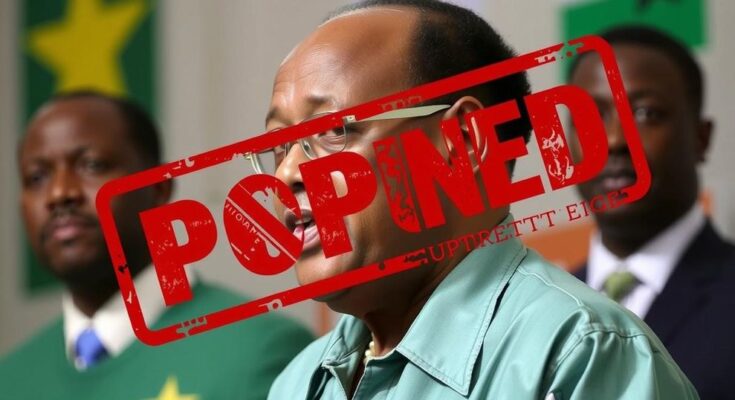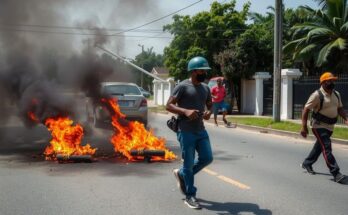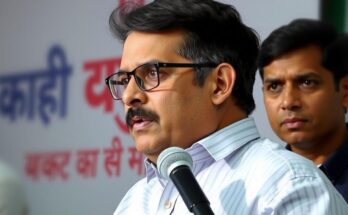Togo’s senatorial elections have been postponed to February 15 to allow political parties more preparation time. Campaigning will begin on January 30. Despite the delay, major opposition parties plan to boycott the elections, viewing them as a constitutional maneuver by President Gnassingbe to extend his power.
The senatorial elections in Togo have been rescheduled to February 15, in an effort to allow political parties to better prepare, as stated in a presidential decree released on Friday evening. Official campaigning is set to commence on January 30. This election marks a crucial step in the implementation of a new constitution that has faced significant criticism from both opposition groups and civil society organizations.
Several political parties requested this postponement to secure additional time for candidate registration. However, prominent opposition factions, including the National Alliance for Change (ANC), have voiced intentions to boycott the elections, labeling them a part of a “constitutional coup d’état.” Notably, the Senate was established by a constitutional amendment in 2002, but it has yet to be operationalized.
The Senate will consist of 61 members, with 41 to be elected by regional and municipal councils and the remaining appointed by the President of the Council of Ministers. The newly proposed constitution replaces the direct election of the head of state with a parliamentary system, raising concerns that President Faure Gnassingbe is maneuvering to extend his rule beyond acceptable limits. President Gnassingbe, who leads the majority party UNIR and won 108 out of 113 legislative seats in the April 2024 elections, has been in power since 2005, succeeding his father who ruled for 38 years.
In Togo, the establishment of a Senate primarily stems from a 2002 constitutional amendment. However, the Senate has not yet functioned, making the forthcoming elections significant. The proposed new constitution, which alters the presidential election process, has faced backlash for allegedly consolidating President Gnassingbe’s authority. As Togo’s socio-political landscape continues to evolve, the transition to a Senate represents a pivotal moment in the nation’s governance.
In summary, Togo’s delayed senatorial elections reflect ongoing political tensions as parties prepare for a crucial vote that is significant for the new constitution’s implementation. While the delay may allow for enhanced organization among political actors, the opposition’s calls for a boycott highlight growing frustrations regarding the electoral process and the perceived threat of prolonged presidential rule. Such developments will be critical in shaping Togo’s political landscape moving forward.
Original Source: www.barrons.com




